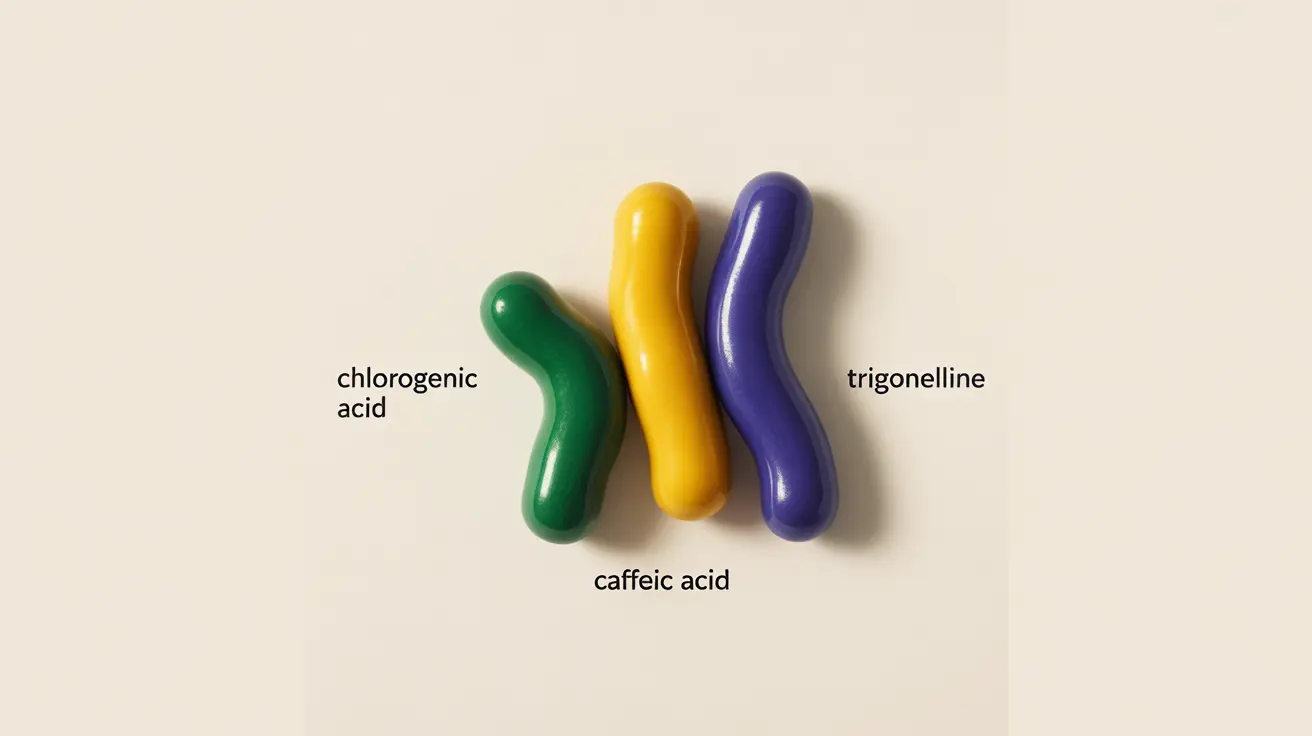Coffee is one of the world's most popular beverages, but its effects on inflammation have been the subject of much debate and scientific research. Understanding whether coffee causes or reduces inflammation is crucial for the millions who rely on their daily cup of joe, especially those managing inflammatory conditions.
Recent scientific evidence suggests that coffee's relationship with inflammation is complex and can vary among individuals. Let's explore the scientific evidence behind coffee's effects on inflammation and what factors influence this relationship.
The Anti-Inflammatory Properties of Coffee
Contrary to popular belief, coffee generally demonstrates anti-inflammatory properties for most people. This is primarily due to its rich concentration of polyphenols and other bioactive compounds that help combat oxidative stress and reduce inflammatory markers in the body.
- Chlorogenic acid
- Caffeic acid
- Trigonelline
- Kahweol
- Cafestol
How Coffee's Components Fight Inflammation
Coffee's polyphenols work by inhibiting pro-inflammatory pathways and reducing the production of inflammatory molecules like interleukin-6 and tumor necrosis factor-alpha. Regular coffee consumption has been associated with lower levels of these inflammatory markers in multiple studies.
When Coffee Might Increase Inflammation
While coffee is generally anti-inflammatory, certain factors can cause it to have pro-inflammatory effects in some individuals:
Individual Genetic Variations
Some people metabolize caffeine differently due to genetic variations in the CYP1A2 gene. "Slow metabolizers" may experience more inflammatory responses to coffee compared to "fast metabolizers."
Existing Health Conditions
People with certain conditions may be more sensitive to coffee's effects:
- Autoimmune disorders
- Digestive issues
- Anxiety disorders
- Sleep disorders
Safe Coffee Consumption Guidelines
To maximize benefits and minimize potential inflammatory responses, consider these guidelines:
- Limit intake to 3-4 cups daily
- Consume coffee earlier in the day
- Stay hydrated with water
- Listen to your body's response
- Consider organic coffee to avoid pesticide exposure
The Impact of Coffee Additions
The way you prepare your coffee can affect its inflammatory properties. Black coffee typically offers the most anti-inflammatory benefits. Adding sugar, artificial sweeteners, or certain dairy products might counteract some of coffee's anti-inflammatory effects.
Frequently Asked Questions
Does drinking coffee cause inflammation or reduce it in most people? For most people, coffee acts as an anti-inflammatory beverage due to its high concentration of polyphenols and antioxidants that help reduce systemic inflammation.
How does coffee's caffeine and polyphenol content affect inflammation in the body? Coffee's polyphenols work to suppress inflammatory pathways, while caffeine can have varying effects. The polyphenols are primarily responsible for the anti-inflammatory benefits, helping to reduce oxidative stress and inflammatory markers.
Can genetic factors or health conditions make coffee increase inflammation for some individuals? Yes, genetic variations in caffeine metabolism and certain health conditions can cause some individuals to experience increased inflammation from coffee consumption. This is particularly true for slow caffeine metabolizers.
What amount of coffee consumption is considered safe to avoid inflammation-related side effects? Most research suggests that 3-4 cups of coffee per day is safe and potentially beneficial for most adults. However, individual tolerance varies, and some people may need to consume less.
Does adding milk to coffee change its anti-inflammatory effects? Adding milk to coffee may slightly reduce the bioavailability of some anti-inflammatory compounds, but the effect is minimal. However, those sensitive to dairy should consider alternatives or drink their coffee black.




